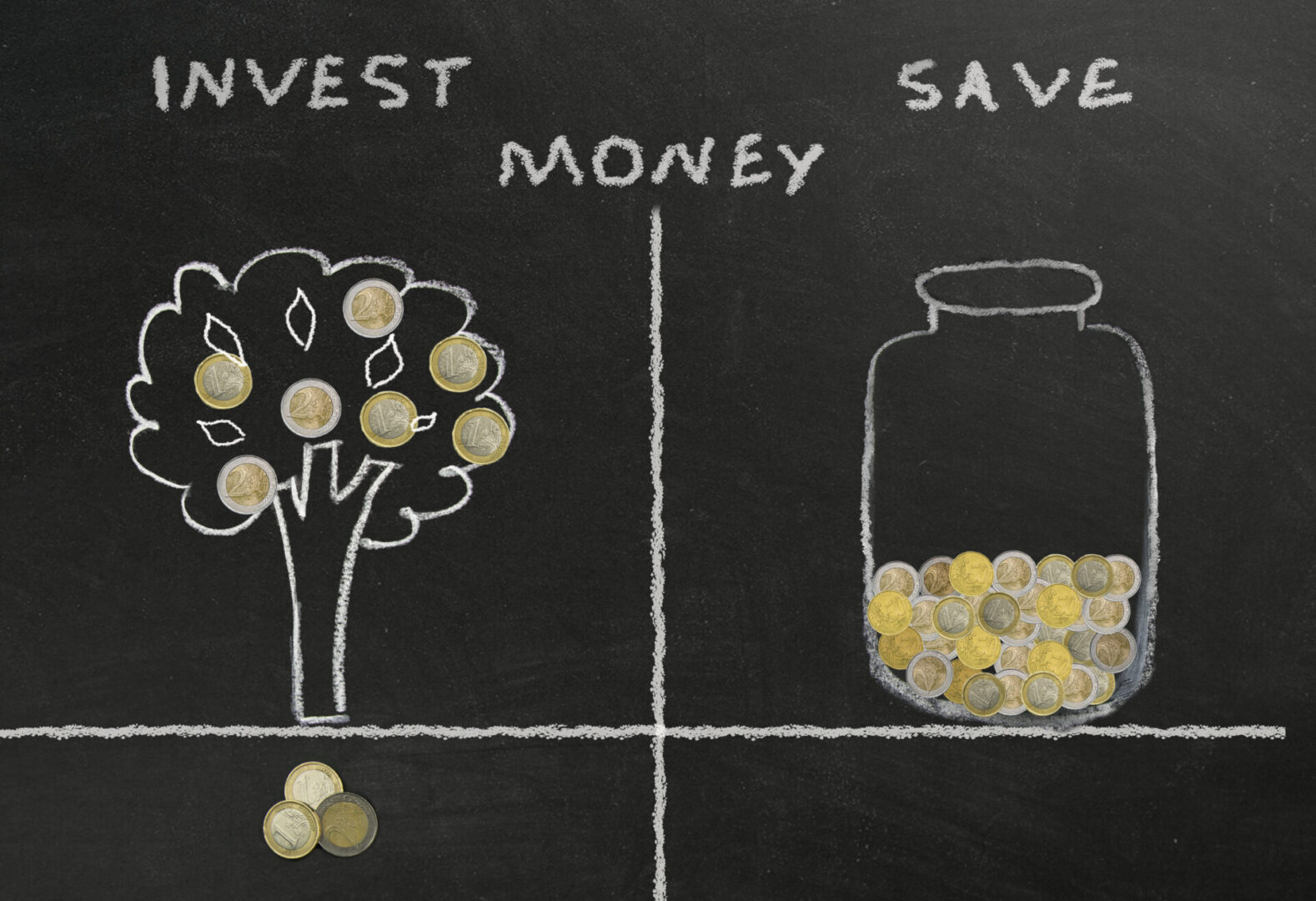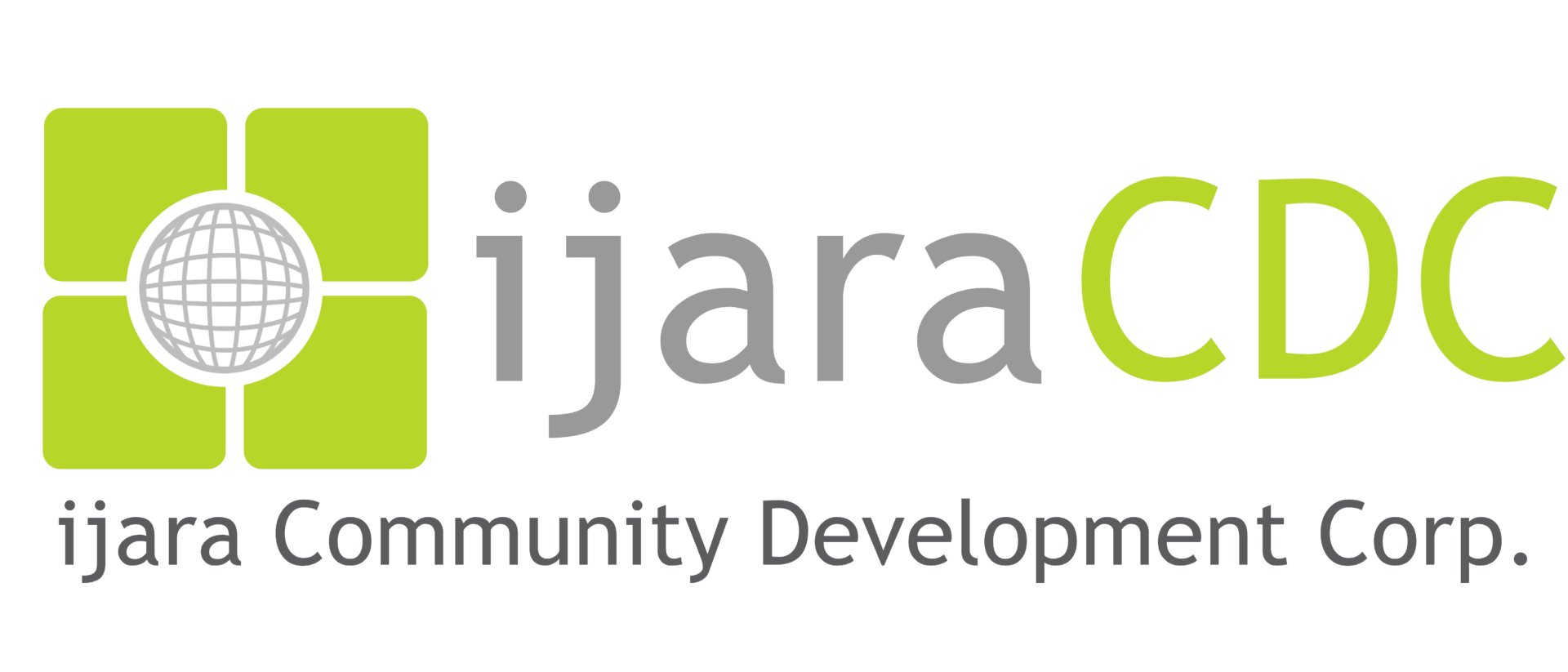Investment Vs. Savings: Why Investing is Better Financially

Access to excess money can pose challenging questions on whether to spend it or set it aside later. While no one will blame you for buying some much-needed things for yourself or your home, the wiser choice will be to keep it someplace and let it grow.
If you’re opting to set the money aside, you’ll have to decide whether to save or invest those funds. But how do saving and investing differ, and which works better for you? This article will help you understand the basics between them and see how they can meet your financial goals.
Savings and Investments Defined
Before we go through the details, it’s essential to understand how they work and what sets them apart. One thing to remember is that they have the same goal: to increase your accumulated wealth further.
Savings

In a nutshell, saving means placing a portion of your funds and letting it gradually earn interest. This is typically done by opening a savings or time deposit account with a bank. Many open savings accounts for a specific short-term goal, like a down payment for a house or car, a planned holiday, or medical emergencies.
Pros of Saving
Easier Access to Funds
Savings accounts give you fast and easy access to their funds whenever needed. For some accounts like time deposits, you can set a time frame when you can pull out the cash, which usually ranges from overnight to a year or even longer.
Minimal Risk
As the Federal Deposit Insurance Corporation (FDIC) insures each deposit up to $250k, your funds are properly protected if anything happens. Your cash is safe in a savings account.
Cons of Saving
Lower Returns
While savings accounts can earn interest, the rate is relatively minimal, so you might not notice it. According to Bankrate, the average rate runs at around 0.23% annually or $2.30 per $1000.
Note: In the Muslim faith, earning interest, no matter how small, is ‘Haram’ or not permissible. If opting to go the savings route, make sure to open one that doesn’t earn interest.
Minimal Protection from Inflation
Rising inflation can directly affect your money in a savings account, reducing its value when costs are high.
Investment

Compared to placing your cash in a bank, investing refers to buying assets that can grow in value and is typically done through a broker. Some examples include buying stocks from a company, real estate, and cryptocurrency. Investing makes for a great financial strategy for long-term plans, like a college education for your young kids or retirement.
Investing in physical property, like your home, is a rewarding experience in more ways than financially. It allows investors a means to earn while becoming an entrepreneur. IjaraCDC can help you start this route with our Investment Property program.
Pros of Investment
Larger Returns
Investing allows for higher returns and is not limited by specific rates. While rates differ per investment, the growth of a company, project, or property value significantly increases the investment returns.
Better Protection from Inflation
Investing in certain assets can protect you from the effects of inflation. Making secure investments like real estate, stocks, gold, and other commodities reduces the risk of your funds going by the wayside once prices go up.
Cons of Investment
More Exposure to Risk
Unfortunately, risk and investment go hand in hand. Company bankruptcy, dropping stock prices, and natural disasters can make your investment uncertain.
Takes Longer to Access Funds
Investments are typically locked into a certain period, usually around five years. You can’t pull out the funds until that period is over, so investing your emergency funds is not advised.
Should I Invest or Save?
You can opt for saving in a bank account and invest your cash on tangible assets. Although both offer benefits and challenges, investing provides better returns and more opportunities. If you can, invest your funds in stocks and properties, especially if you want to practice sharia compliance.

